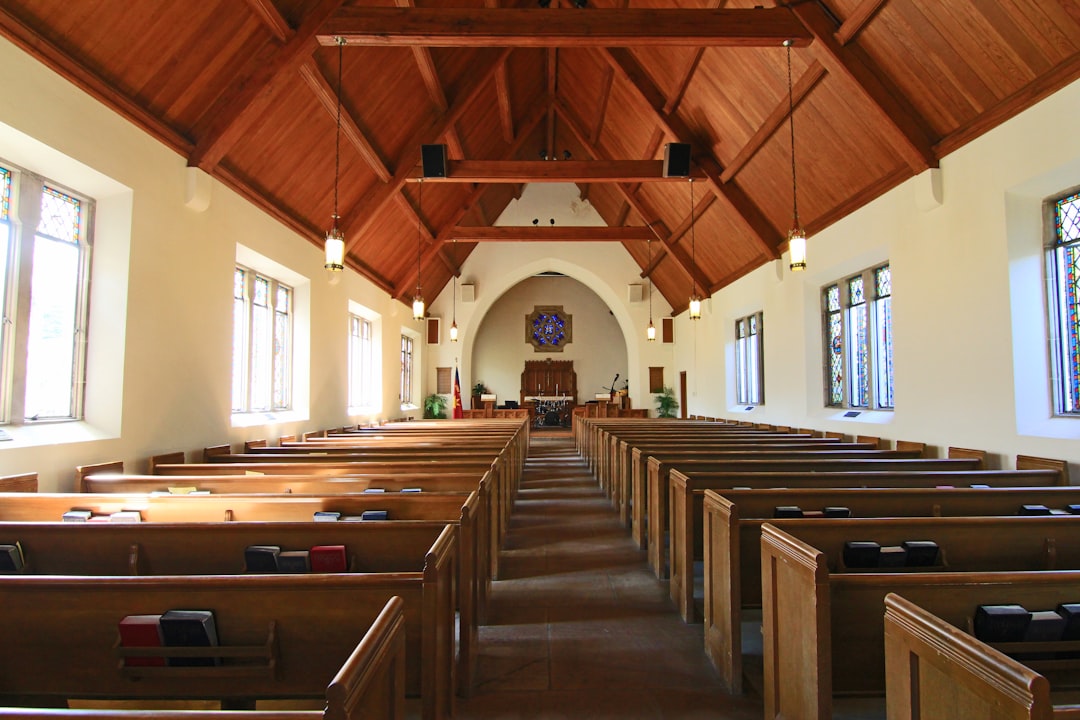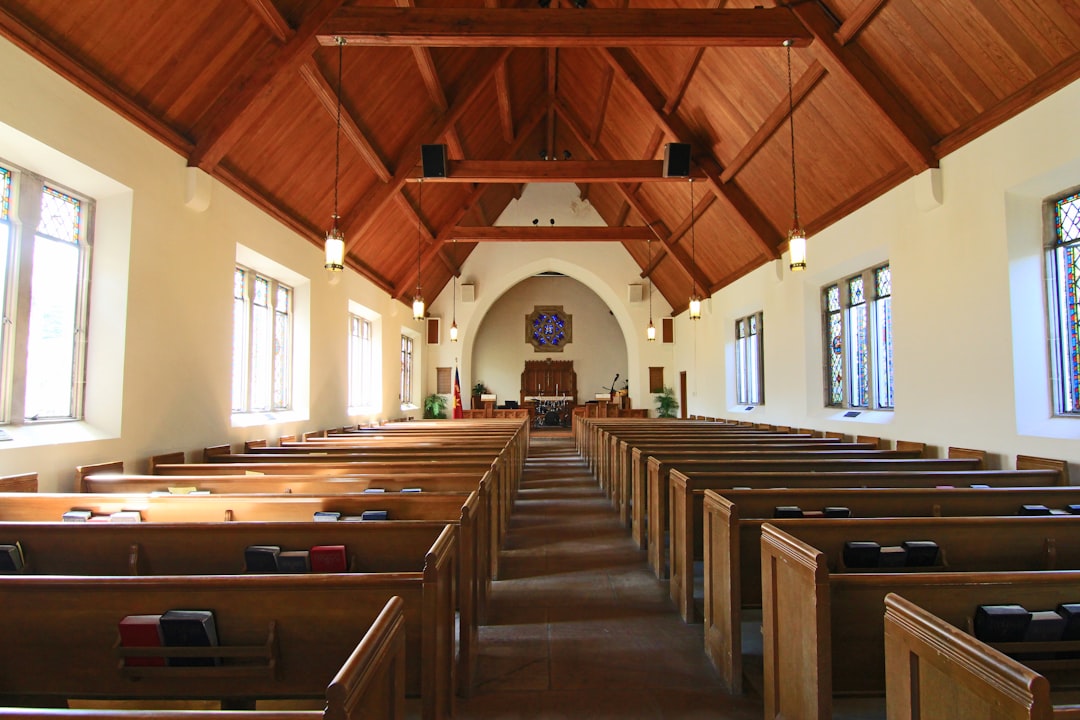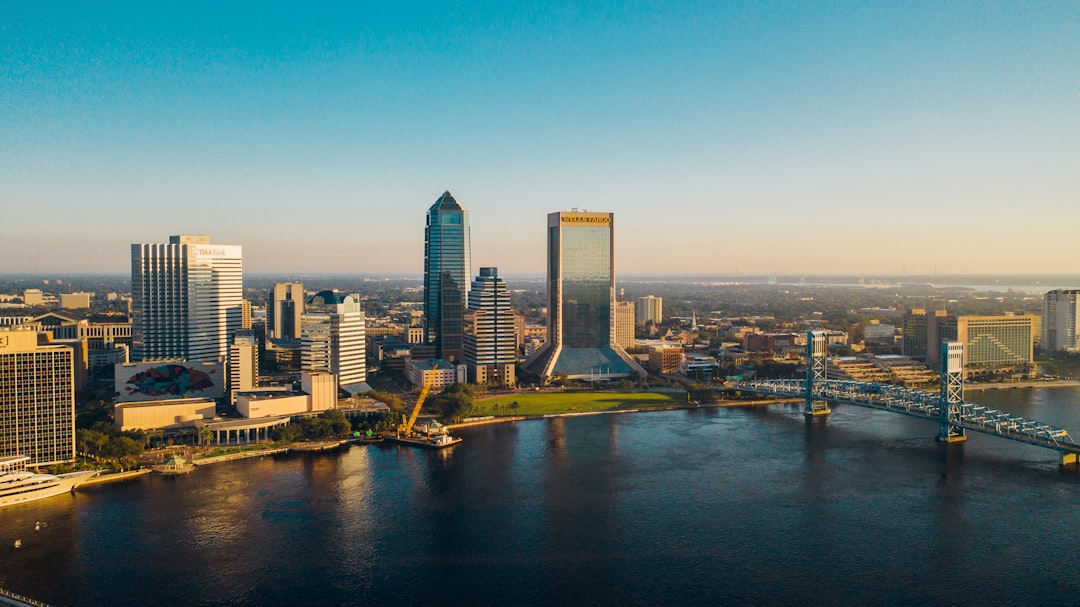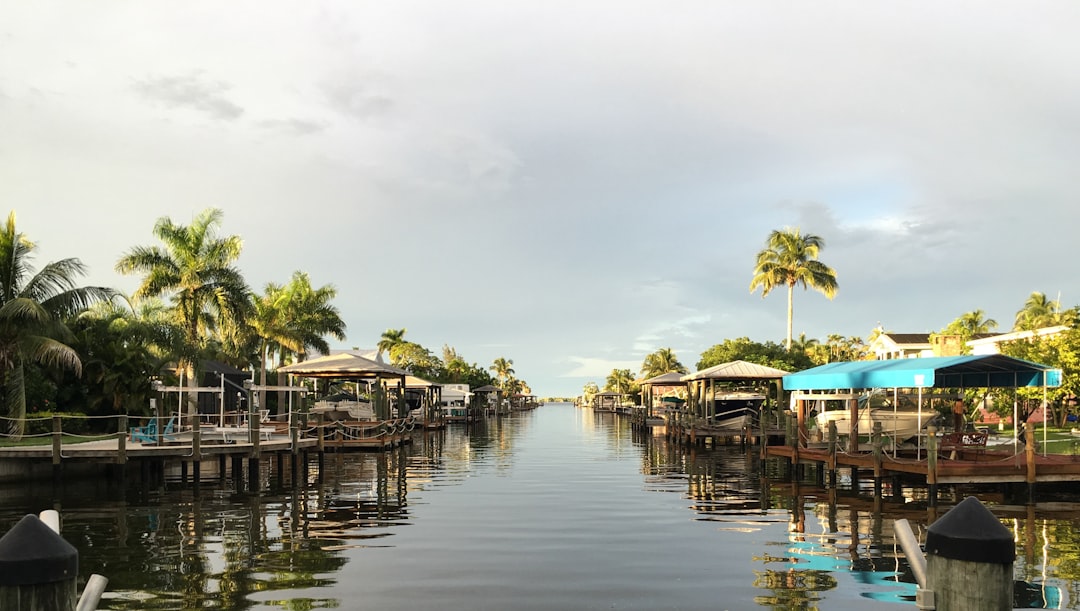In Florida, where religious freedom is protected by law, victims of clergy abuse find support through specialized clergy abuse lawyers and law firms. These professionals offer confidential consultations, guiding victims in understanding their rights, evaluating claims, and taking action while maintaining privacy. They navigate complex legal systems regarding sexual or physical abuse within religious institutions, holding perpetrators accountable while protecting the rights of harm victims. For assistance, individuals should seek out clergy abuse lawyers or law firms in Florida dedicated to ensuring fair treatment under state laws throughout the legal process.
Are you seeking justice after experiencing clergy abuse in Florida? Understanding your rights and legal options can be challenging, but a specialized clergy abuse lawyer can guide you through this difficult process. This article explores the complexities of clergy abuse cases in Florida, highlighting the crucial role a dedicated clergy abuse attorney plays in advocating for victims. From understanding legal ramifications to navigating confidential consultations, discover how a clergy abuse law firm in Florida can offer the support you need.
Understanding Clergy Abuse and Its Legal Ramifications in Florida

Clergy abuse is a sensitive and complex issue that often involves power dynamics, emotional manipulation, and in some cases, physical or sexual assault. In Florida, where religious freedom is protected by law, understanding the legal ramifications of clergy abuse is crucial for victims seeking justice. If you’ve experienced abuse within a religious context, whether it’s from a pastor, priest, or any other spiritual leader, knowing your rights as a victim is the first step towards healing and accountability.
In Florida, clergy abuse lawyers play a vital role in advocating for victims’ rights. These attorneys specialize in navigating the unique legal challenges that arise in such cases, including issues of religious freedom and confidentiality. A reputable clergy abuse attorney or law firm in Florida will provide confidential consultations to help victims understand their options, assess potential legal claims, and take appropriate action while ensuring their privacy is protected throughout the process.
The Role of a Florida Clergy Assault Lawyer: Your Advocate for Justice

In the context of clergy abuse in Florida, a specialized lawyer plays a pivotal role in advocating for justice and support for victims. A Florida clergy assault lawyer is an expert legal professional who has extensive knowledge and experience handling cases involving sexual or physical abuse within religious institutions. They are your ally, dedicated to ensuring that you receive the compensation and closure you deserve during what can be a traumatic time.
These attorneys work with clients to navigate complex legal systems while maintaining complete confidentiality. They offer a safe space for victims to share their stories and provide guidance tailored to each individual’s unique circumstances. Through skilled negotiation or aggressive litigation, they fight tirelessly to hold perpetrators accountable and protect the rights of those who have suffered at the hands of clergy members. Their expertise in Florida’s laws related to clergy abuse ensures that clients receive fair treatment throughout the legal process.
Navigating the Legal Process: Confidential Consultation for Victims of Clergy Misconduct

Navigating the legal process after experiencing clergy abuse can be overwhelming and intimidating. Many victims struggle with knowing where to turn or what steps to take next, especially when dealing with sensitive and complex matters. This is where a dedicated clergy abuse lawyer in Florida becomes an invaluable asset. During a confidential consultation, victims can gain clarity and understanding of their rights and legal options.
A skilled clergy abuse attorney in Florida will provide a safe space for victims to share their experiences without fear of judgment. They will thoroughly assess the case, explain the applicable laws, and discuss potential courses of action. This initial meeting is crucial as it allows victims to make informed decisions about pursuing justice and healing. It empowers them to take control of their narrative and ensure their voice is heard.






